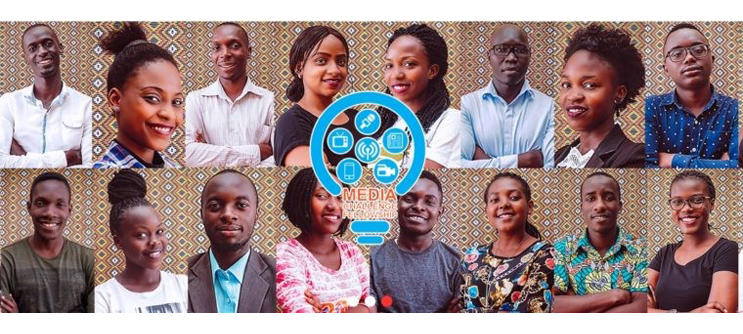
Following the 2019 Media Challenge Awards, 3 of our students who received reputable awards in the categories of Best Business news story(Faith Kemigisha), Best Technology news story (Ruth Omar), & Best Climate change feature story, (Sandra Rachel Cope) were admitted into the 2020 Media Challenge Fellowship Programme.
About the Media Challenge Fellowship Programme
The Media Challenge Fellowship Programme is an aggressive multimedia journalism training programme awarded to the best journalism students from the Inter-University Media Challenge, a practical reporting competition among universities in Uganda. Last year the competition consisted of 12 Universities. The fellowship programme is part of the Media Challenge Initiative’s strategic vision of building the next generation of journalists who are not only multi skilled but also critical participants as change agents in changing their communities and the negative African narrative. It aims to combat high rates of youth unemployment while empowering young journalists to improve the quality and impact of the media, seeking to enhance democratic processes through encouraging critical and investigative reports that hold government and institutions accountable.
Applications for the Media Challenge Fellowship Programme comprise the top 5 journalism contestants from the 2019 Inter-University Media Challenge Competition (IMC). The top 5 include award winners and 4 runner ups in all the categories of the IMC competition including news anchoring and reporting (producers and editors), essay writing, photography, video & radio feature and one-minute of fame (TV Presentation). The fellowship is intended to provide time and resources to the top applicants to engage in high intense practical meant to turn them into a multifaceted one-man-woman-army journalist.
The fellowship programme is based on four pillars:
Fellowship Structure
The fellowship involves 25 days of practical multimedia journalism training including foundations and Multimedia Skills, Participatory youth radio training, Beats reporting, career guidance, media entrepreneurship, data journalism and digital Skills.
The Media Mentorship Programme
Within the Media Mentorship Programme, each fellow is connected to a professional mentor in the media industry for ongoing guidance on a yearlong programme. The mentorship programme includes;